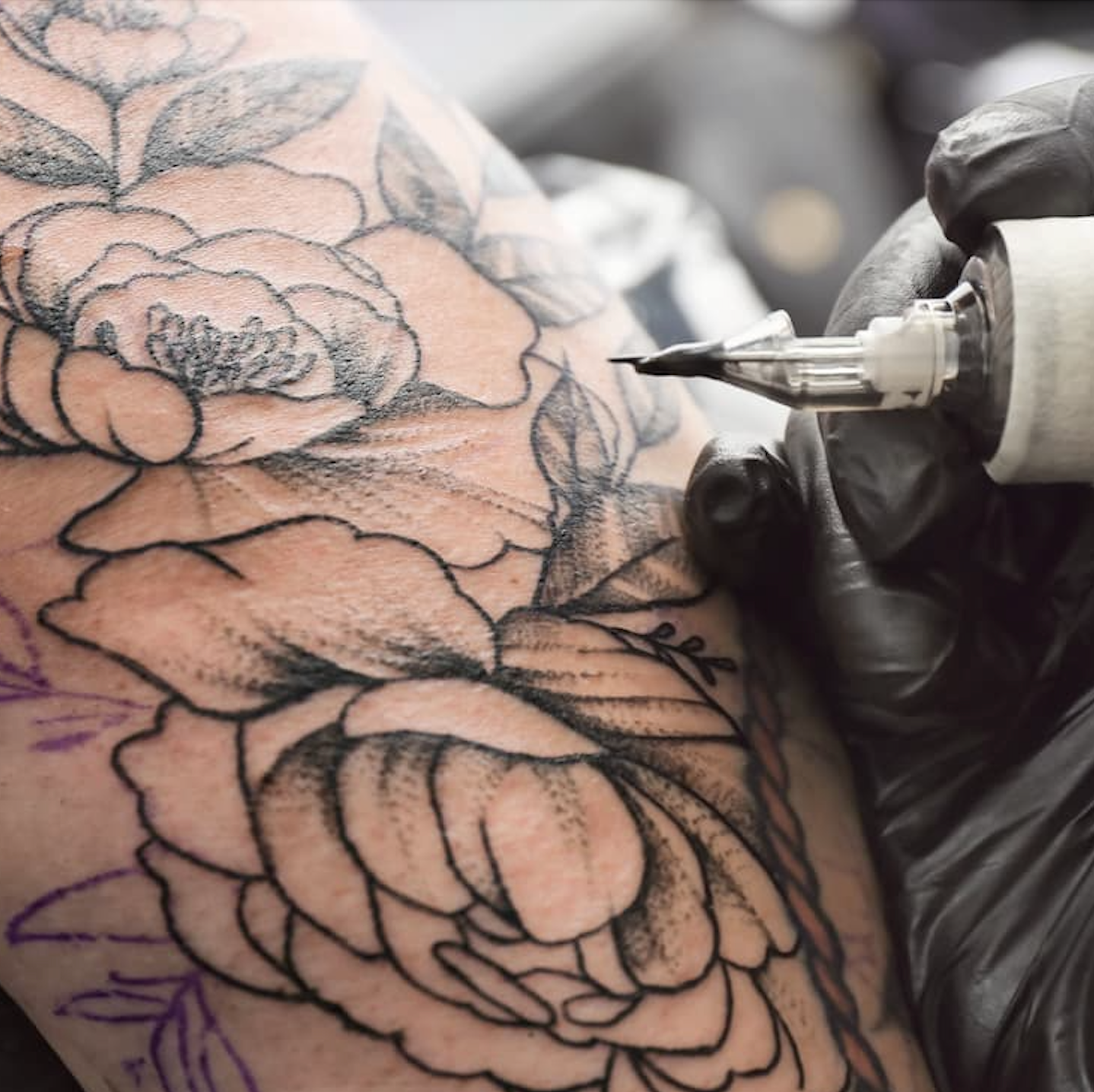Are Tattoos Linked to Cancer? New Research Investigates
A Danish twin study suggests tattooed individuals may face an increased risk of skin cancer and lymphoma, especially with larger tattoos.
By
Lana Pine
| Published on March 7, 2025
4 min read
Credit: Adobe Stock/Pixel-Shot

Tattooed individuals may have a higher risk of skin cancer and lymphoma, particularly with larger tattoos, according to data from a cohort of Danish twins. Investigators encourage further research to explore the mechanisms behind tattoo ink-related carcinogenesis.
“With the increased popularity of tattoos, safety regarding tattooing and exposure to tattoo ink becomes increasingly relevant, and the lack of studies based on population epidemiologic data to assess carcinogenicity is of particular concern,” wrote lead investigator Signe Bedsted Clemmensen, a Ph.D. student associated with the Department of Epidemiology, Biostatistics and Biodemography, Institute of Public Health, at the University of Southern Denmark.
Tattoo ink is known to transfer from skin to lymph nodes, and may move through the bloodstream to other organs, potentially leading to chronic inflammation and increased cancer risk. Investigators assessed the potential link between tattoo ink exposure and cancer risk using the Danish Twin Tattoo Cohort (DTTC). Although “classic” decorative tattoos were the focus of the study, it is possible participants with permanent makeup and medical tattoos responded as being tattooed and were included in the assessment.
Two studies were performed: a cohort study of 2,367 twins and a case-control study of 316 twins born between 1960 and 1996. The Danish Cancer Registry confirmed cancer diagnoses and the Danish Twin Tattoo survey collected information on tattoo ink exposure. The survey included questions about tattoo status, the age at first tattoo, colors used and size, as well as potential confounders and factors that impact cancer risk, such as alcohol consumption, smoking, exercise and education level.
In the case-control study, tattooed individuals had a 1.62 times higher risk of non-basal cell skin cancer. When researchers looked at 14 twin pairs where one twin had a tattoo and the other did not, the risk of skin cancer was slightly higher in the tattooed twin, but the results were not statistically strong.
Larger tattoos — bigger than the size of a palm — were linked to even higher risks. Skin cancer risk was more than 2.3 times higher in people with large tattoos and lymphoma risk was 2.7 times higher in those with large tattoos. In a separate analysis, people with tattoos had an even greater risk — nearly 4 times higher for skin cancer and almost 3 times higher for basal cell carcinoma.
Investigators say many questions about the long-term safety of tattooing remain, including those surrounding laser tattoo removal or the breaking down of ink particles caused by sun radiation. They wonder whether breaking the pigments up into smaller fragments could allow for greater migration. Additionally, they have concerns about tattooing during pregnancy or breastfeeding and the potential harm it could cause to the baby.
A limitation of the study was the lack of information on sun exposure. Investigators hypothesized people with tattoos may exhibit more sun-exposing behavior to show off their tattoos. However, they may be also less prone to expose their tattoos to mitigate photodecomposition. Additionally, it is possible tattoo ink and skin cancer may be connected because abnormalities on the skin are detected later due to being concealed by the ink.
The team also mentioned the idea that having a tattoo could be an indicator of more risky lifestyle behaviors, such as smoking and drinking alcohol, which could increase the risk of certain types of cancer. Therefore, they plan to evaluate health-related lifestyle factors in future research. They also want to focus more heavily on tattoo details, such as the colors used, and potentially follow up with the cohorts later.
“We are concerned that tattoo ink has severe public health consequences since tattooing is abundant among the younger generation,” investigators concluded. “Studies that pinpoint the etiological pathway of tattoo ink-induced carcinogenesis are recommended.”
